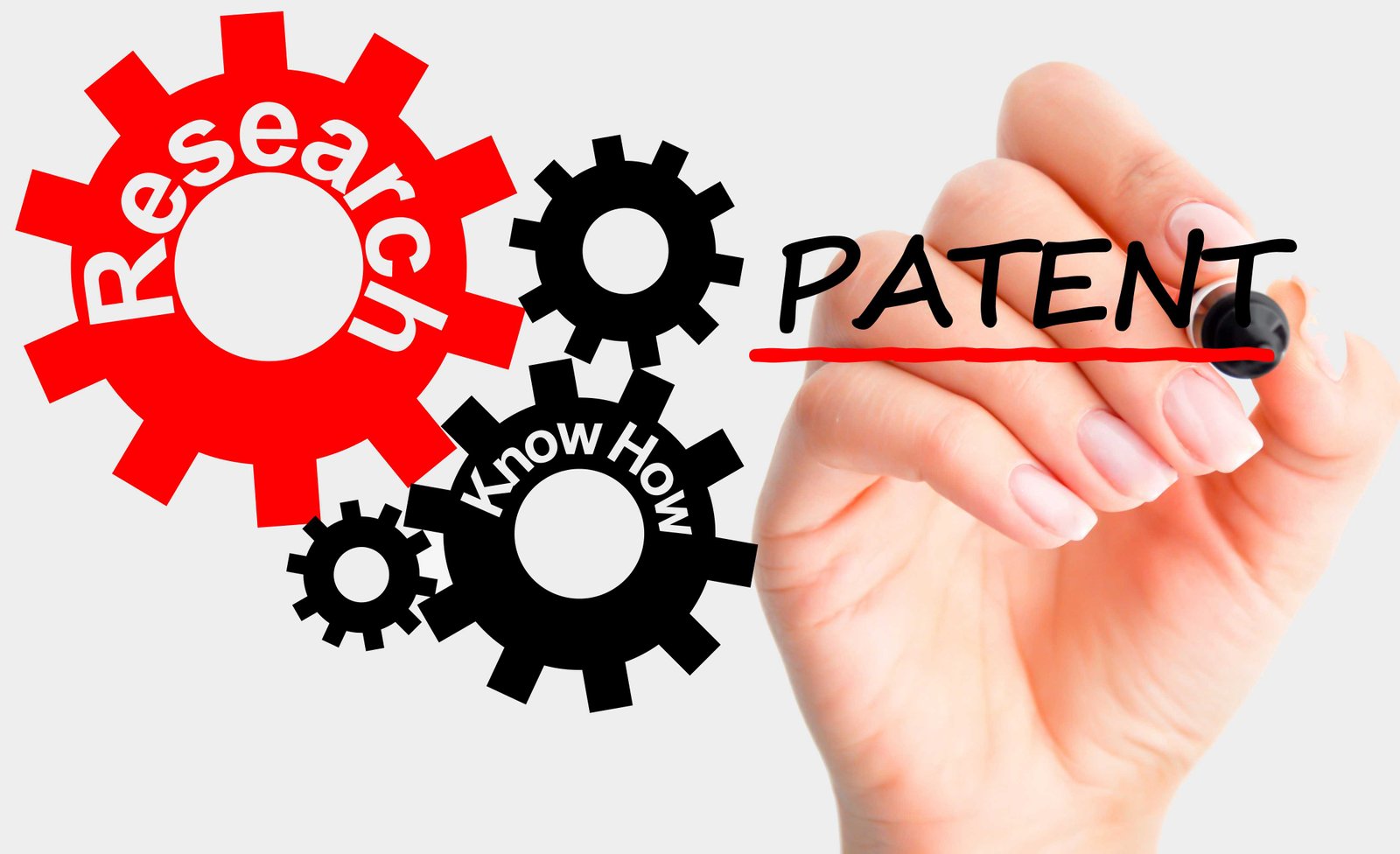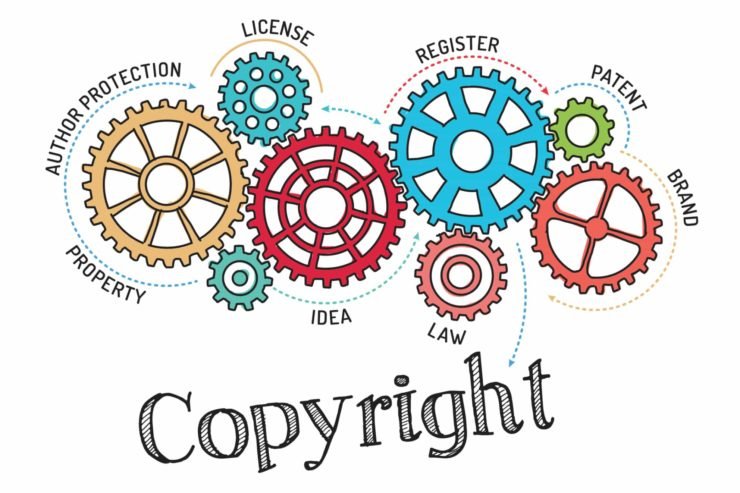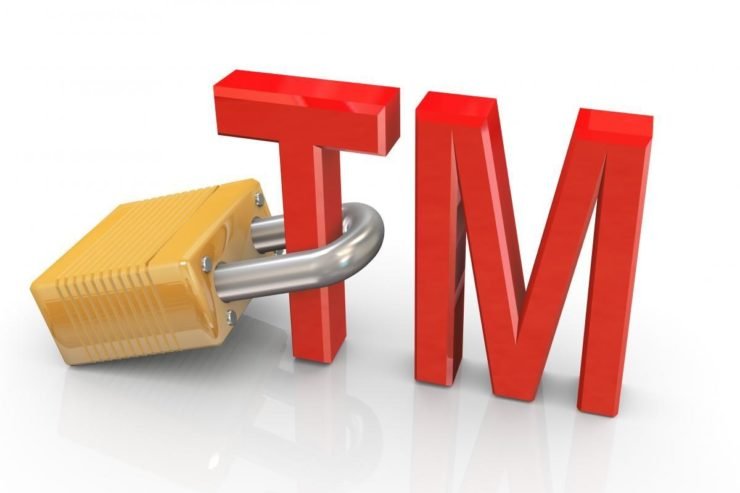

PRACTICE DETAILS
- Lawyer Mr. Shaman Jain
- Skills Intellectual Property Rights, Patent Registration
- CATEGORY Copyright & Patent, Intellectual Property
ABOUT THIS PRACTICE
A patent registration helps you to get a patent of an itellectual property right to an invention carried out by an individual or firm. IP department has been initiated by Indian government to grant you the full right to register your invention under patent (but only if it is unique). In return the inventor must produce all the proofs related to the invention as asked by the government. It also ensures that owner gets more preference over other person for your particular invention. In India, Patent is being governed by the Patent Act 1970 & Patent Rules 1972.
Patent does not long for a lifetime. If you file a patent now then after a period of 20 years it falls under the public domain. The invention can be anything such as process, art, method to manufacture, particular apparatus, machine, computer software, technical application, chemicals or drugs.
What Can Be Patented?
It can be any discovery/creation/ invention related to work, manufacturing, process, computer software etc which was not introduced to the public earlier.
A patent registration granted in India is applicable and valid only in India i.e. a patent owner is not allowed to exercise his rights outside India. In case the patent owner wants to get protection in countries outside India, then he has to apply for the same in other countries within 12 months of receiving a patent in India.
Step 1
Patent Search
If there is a patent already registered which is similar to your idea. Then Patent search saves the effort of going through the tedious registration procedure.
Step 2
Patent Domicile
Patent that is registered in India are only valid for India. It does not apply to other countries. It is also possible to protect invention abroad also. For same, you need to apply for a separate application in each country.
Step 3
File Patent Applicant
An application should be filed with the department before disclosing all the details about your invention.
Step 4
Patent Review
The Patent office of the Indian government reviews your patent application. There check if there are any current patents given or granted on the like idea. If not, then they give a patent for the application submitted.
Step 5
Patent Grant
Once the patent is granted, the status of the application will be updated online at the site. It can take approx.6 months to even 1.5 years for a patent certificate to be granted.
- Novelty: The invention must be new or novel, means that the invention must never have been made before, carried out before or used before. It must show some new characteristic which is not known in existing public knowledge (called “prior art”) in its technical field. Prior art refers to everything that has been published, presented or disclosed to the public (example on a website, article or in any magazine etc).
- Inventive Step: The invention must be non-obvious or involve an inventive step that means it should not be obvious to the person skilled in the art. It could not be deduced by a skilled person with good knowledge in the technical field of the invention. This person with average knowledge in the technical field is commonly called as Person Ordinarily Skilled in the Art (PHOSITA).
- Industrial Application: The invention must be useful or capable of industrial application. It must be capable of being made or used in the industry.
- Not publicly/commercially disclosed: A patent application must be filed prior to any disclosure to the public that is it must not be known or used in public before filing of the patent application. (though some countries provide a grace period to waive off such disclosure)
- Patentable matter : Finally, the invention must be part of the “patentable subject matter” under the applicable law.
Patent registration continues for 20 years from the date of filing the provisional or permanent patent. After that, it would come under public domain.
- INVENTION IS PROTECTED: The patent is an intellectual property which protects your creation/invention and averts or prevents others to use it without your prior consent.
- SELL OR TRANSFER PATENT: It can be a sold and, transferred or franchised. By doing this more revenue can be generated.
- PATENT VALID FOR 20 YEARS: Your invention gets protection for a particular period which helps you to protect your invention.
- BUILD BUSINESS: It helps to build business and also helps in raising capital for business.
- ROYALTIES : By licensing the patent to other company, royalties can be received by the owner.
- MONOPOLY: Thus businesses and investors can have a complete monopoly and competitive benefit.



